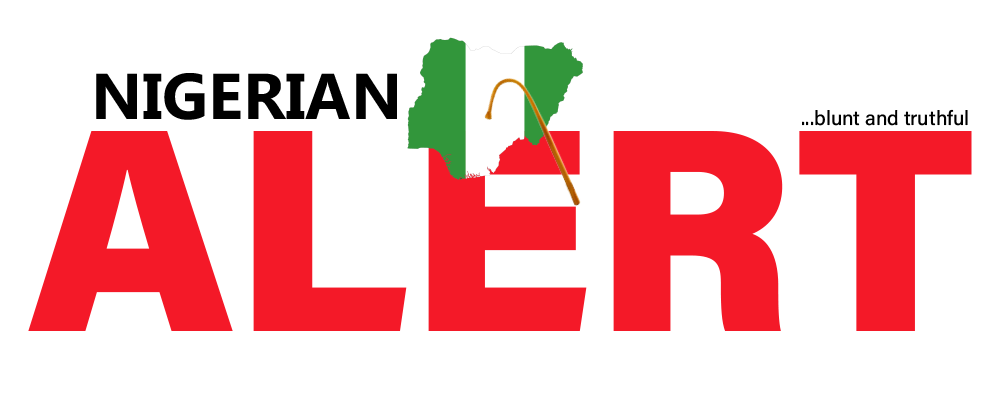
Sex Hawkers: Over 73,000 Young Women in Imo State Confirmed HIV-Positive — FMC Raises Alarm
Owerri, Imo State — A disturbing public health alert has emerged from the Federal Medical Centre (FMC) in Owerri, revealing that over 73,000 young women in Imo State have tested positive for HIV (Human Immunodeficiency Virus). The report attributes a significant portion of this figure to unregulated commercial sex activities and rising economic hardship across the state.
According to healthcare officials, the spike in infections is not only alarming but indicative of a broader social and economic crisis that continues to push thousands of young women into high-risk lifestyles.
> “This is a public health emergency,” said Dr. [Insert Name], a leading epidemiologist at FMC Owerri. “We are seeing a dangerous trend where the economic desperation of young women is leading to increased vulnerability and unprotected sexual activity, resulting in widespread transmission of HIV.”
While sex work remains illegal and heavily stigmatized in Nigeria, it is an open secret that transactional sex is prevalent in many urban and rural communities. With limited access to employment, education, and financial support, many young women turn to sex work as a means of survival.
Health experts note that a growing number of sex workers in the state operate informally and without proper knowledge of HIV prevention methods, such as condom use and regular health screenings.
Chiamaka, a 24-year-old university dropout who requested anonymity, shared her experience:
> “I started [sex work] because I had no other way to survive. I didn’t think it would come to this. When I was diagnosed [with HIV], I felt like my life was over. But with treatment, I’m learning how to live again.”
Her story reflects the lived reality of thousands of young women in Imo State — a silent population struggling with the double burden of poverty and stigma.
Civil society organizations and public health advocates are calling on the Imo State Government and federal health agencies to take urgent action. Their demands include:
Expanded access to HIV testing and antiretroviral therapy (ART)
Sexual and reproductive health education for adolescents and young adults
Economic empowerment initiatives targeted at vulnerable women and girls
Decriminalization and regulation of sex work to ensure health and safety
“There is a clear need for policy reform,” said [NGO Leader’s Name], Executive Director of [Organization Name]. “We must shift from moral condemnation to harm reduction. These young women need support, not shame.”
The situation in Imo State is not isolated. According to UNAIDS, Nigeria has the second-largest HIV epidemic in the world. However, targeted interventions and sustained public awareness campaigns have proven successful in reducing infection rates in other regions.
The key, experts say, is political will and investment in health infrastructure, education, and economic opportunities for at-risk populations.
The reported figure of 73,000 HIV-positive young women in Imo State is not just a statistic; it is a call to conscience. Behind each number is a human being — a life with dignity, a future worth protecting.
Addressing this crisis requires a multi-sectoral approach that goes beyond treating the virus. It means confronting the root causes — poverty, gender inequality, lack of education, and social neglect.
The time to act is now.

